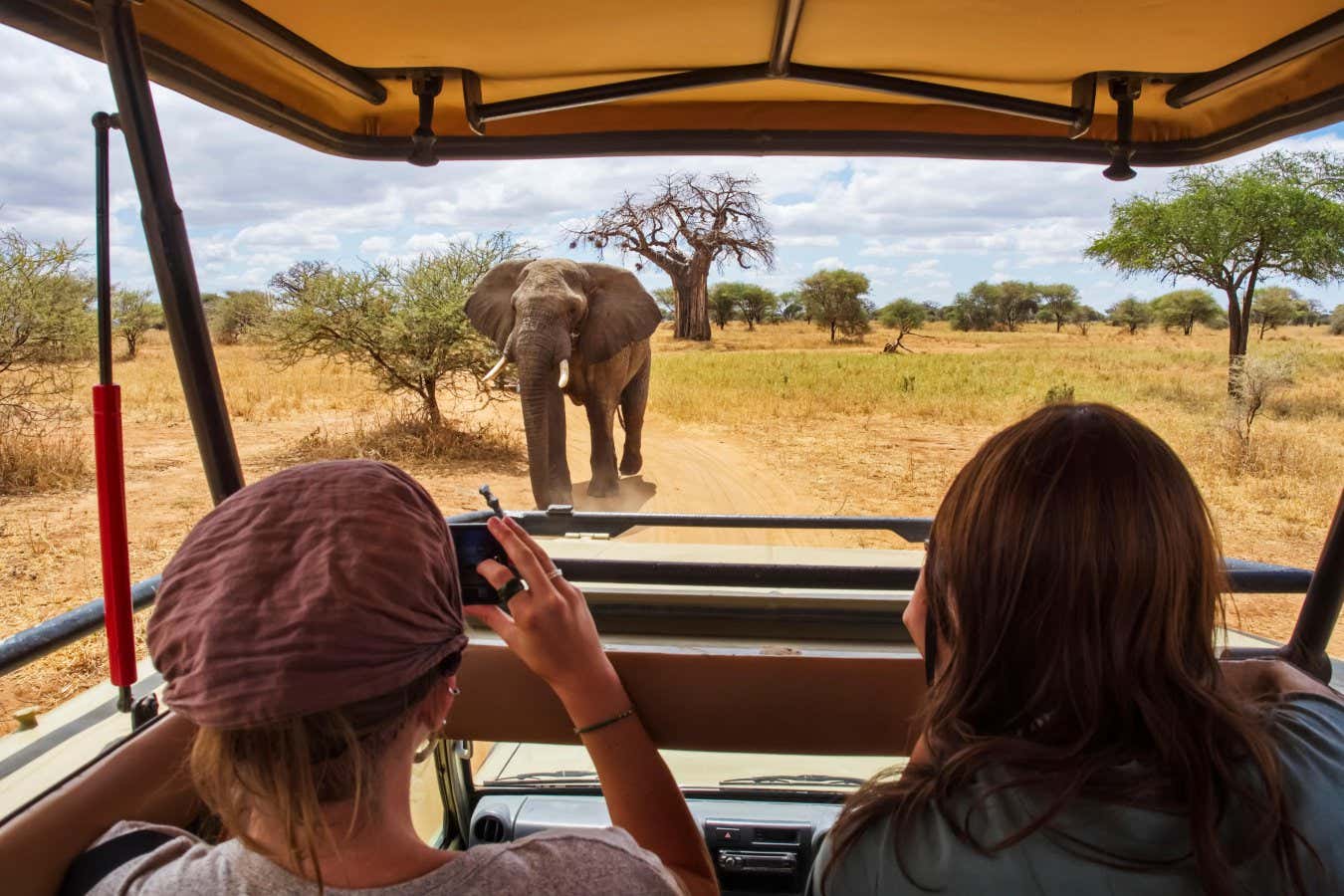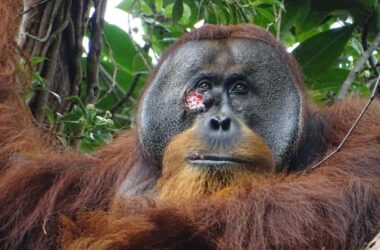According to a study conducted in a South African wildlife reserve, many animals in the savannah react more fearfully to human voices than to the growls and snarls of lions. This suggests that humans are perceived as the scarier predator. The study, led by Michael Clinchy at the University of Western Ontario in Canada, found that giraffes, elephants, impalas, rhinoceroses, leopards, and more than a dozen other mammal species ran away from loudspeakers playing human sounds twice as often as when they heard lion sounds.
Interestingly, the fear of humans was consistent regardless of whether the human voice belonged to a wildlife tourist or a poacher. According to Clinchy, this implies that all humans are perceived as equally threatening in the eyes of these animals. The fact that the area is theoretically protected and animals should not be fearful of humans further highlights the impact our presence has on wildlife.
The researchers wanted to determine which predator animals found more frightening: humans or lions. The team set up loudspeakers and cameras near 21 waterholes in Greater Kruger National Park, South Africa, where one of the largest lion populations in the world resides. Different audio recordings were played back to animals when they approached the waterholes, including human voices, lion growls, gunshots, and bird calls.
The study revealed that animals reacted more strongly to human voices than any other sounds. They were also more likely to flee and do so more quickly when hearing human voices compared to lion or hunting sounds. This fear response is not likely learned through exposure to humans alone. Clinchy suggests that it is ingrained in the animals.
Interestingly, the only species that did not run away from human voices were the lions themselves.
These findings add to previous studies that have shown animals’ strong fearful reactions to humans in various parts of the world, emphasizing the negative impact our presence can have on wildlife habitats. The fear alone could have significant ecological consequences. However, the findings also suggest that human vocal recordings could be used to protect crops and livestock farms from wildlife intrusion or deter rhinoceroses from entering areas where horn poaching is more likely to occur.
Topics:








